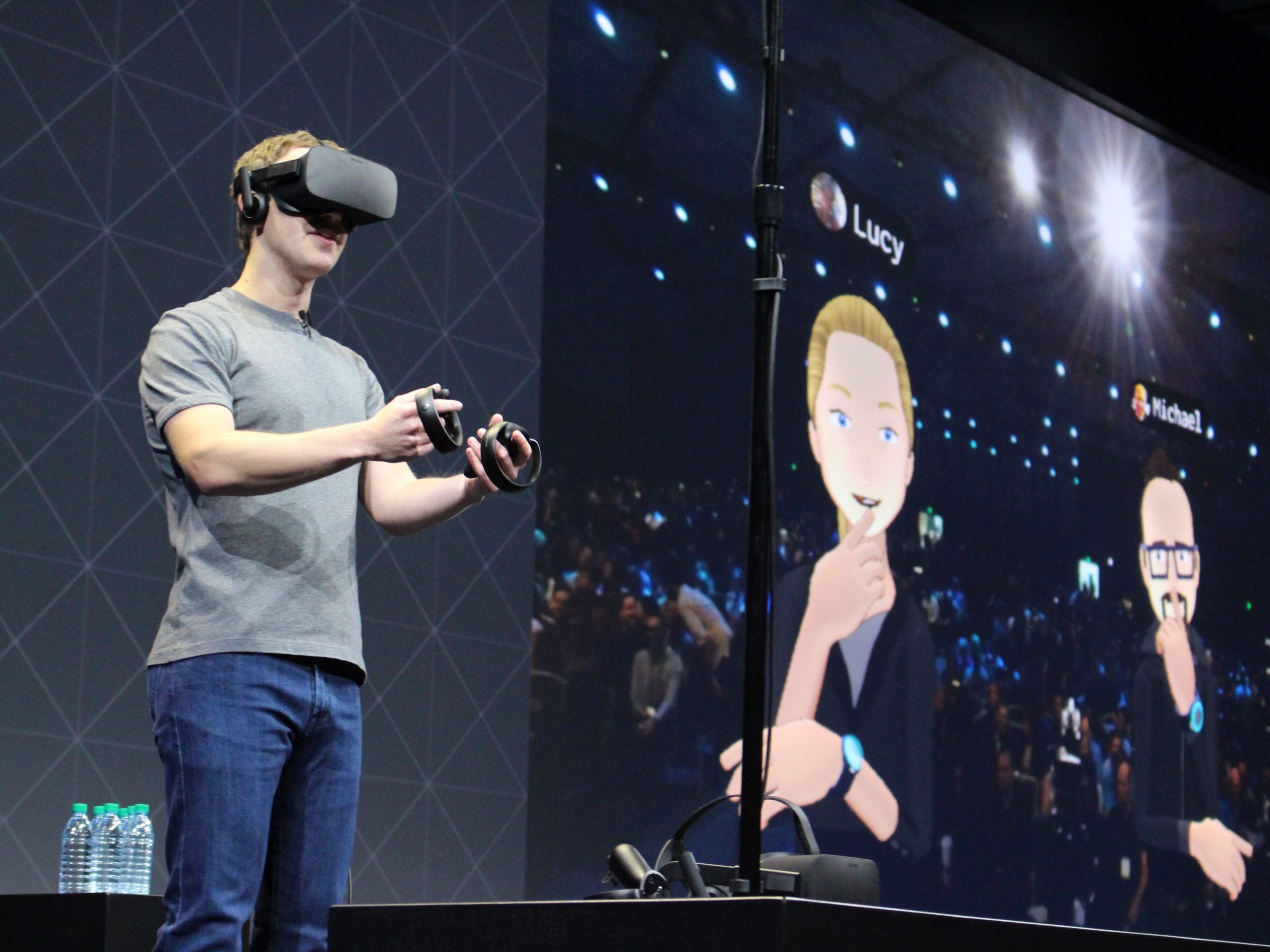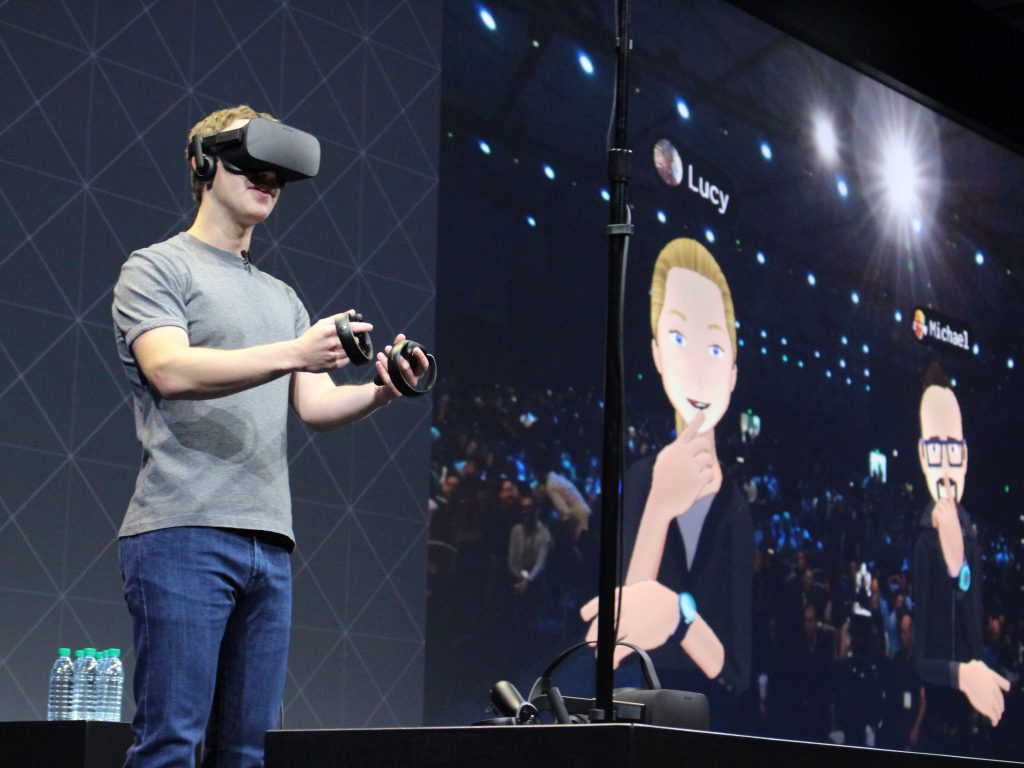
Glenn Chapmann/AFP via Getty Images
- Mark Zuckerberg told The Verge that Facebook will eventually become a "metaverse company."
- Zuckerberg told employees that Facebook will focus more on building out the internet's successor.
- From "infinite offices" to egalitarian societies, peek into the social network's futuristic plans.
- See more stories on Insider's business page.
At the end of June, Mark Zuckerberg told Facebook employees that the social network would be embarking on an ambitious mission to the center of the metaverse.
Though the directive sounds straight out of a sci-fi movie, the announcement has serious implications for the future – and it may be closer to reality than you think.
The metaverse essentially represents a three-dimensional internet that spans both the physical and virtual worlds. Many people use it in reference to video games or virtual reality, and most tech companies think it's the next big thing that'll eventually succeed the internet.
Zuckerberg told Casey Newton at The Verge that Facebook will transform from a social media company to a "metaverse company," adding that people aren't meant to interact through "small, glowing rectangles."
A Facebook spokesperson told Insider that Zuckerberg does not believe the metaverse is something one company can build or govern alone – rather, it's a collaborative movement that must take developers and creator communities into consideration to be successful.
The bold initiative to grow Facebook beyond its current confines comes as the US government takes serious steps toward regulating big tech.
The recent introduction of five bipartisan antitrust bills could threaten Facebook's ownership of Instagram and WhatsApp and limit future company acquisitions. Zuckerberg and other tech leaders have called for industry regulation as well.
Facebook has already invested heavily in virtual reality "because it's the technology that delivers the clearest form of presence," according to Zuckerberg's interview with The Verge.
Facebook Horizon, a virtual reality community that's currently invite-only, appears to be the company's closest offering to the metaverse. The "social experience" offered on Oculus advertises the opportunity to "defy distance" and "explore virtual worlds as they grow and change."
The ability for people to be exposed to opportunities beyond their physical circumstances is especially important to Zuckerberg who lamented that he didn't have more exposure to computers as a kid.
The CEO said the company is developing something they call the "infinite office" that lets users set up their ideal workplace via a VR headset, no matter where they are.
"Flattening out distance creates a lot more opportunities for people," he told The Verge. "In a way that creates a lot of economic opportunity where millions of people around the world can be doing creative work that they really enjoy."
Zuckerberg added that the worldwide shift to working virtually increases the value of the metaverse. "Within five to 10 years, probably about half the company is going to be remote," he said regarding Facebook's employees. "Let's double down on that now and hire people in all these different places."
